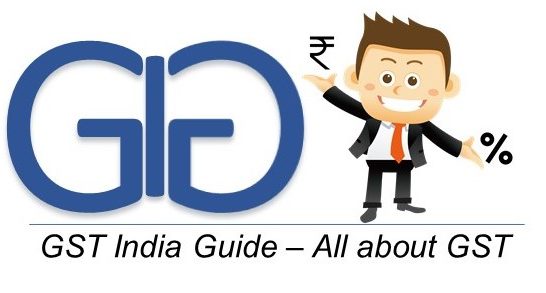Introduction of Goods and Service Tax (GST) law would be at the top of the priority list of the government, the time lag before implementation of GST provides an opportunity to align the current tax system to the proposed GST to enable a smooth transition.
Under GST, the list of items enjoying exemption is likely to be pruned. Exemptions under GST is expected to be extended predominantly to the ‘merit’ goods. Thus, withdrawal of some of the exemptions ahead of the introduction of GST could be on the cards. Presently, the exemption list under Value Added Tax (VAT) laws is more restricted when compared to the one provided for excise. Thus, we may see curtailment of excise duty exemptions on some of the products.
Under the current tax system, non-creditable Central Sales Tax (CST) levied at the rate of 2% created a distortion in the supply chain. The gradual phasing out of CST was always the plan. As we move closer towards GST, it is also possible that the rate of CST is brought down to 1%.
With the intention of developing the backward areas, the government comes up with area-based exemptions. However, sometimes, such exemptions lead to an economic distortion. It is anticipated that under GST, such exemptions could be converted to refund schemes wherein units would be first required to deposit the tax and subsequently claim a refund. Commercially, such changes can have a significant impact on the overall business decisions. It would be worthwhile if some direction in this regard is provided.
To keep a check on the parallel economy, there has been impetus to adopt cashless transactions. The government may consider extending the tax exemption on service charge levied by the bank to transactions over Rs 2,000. The industry has been waiting for GST. Providing a concrete roadmap and a definitive date for its introduction will do well to the business sentiments.
The writer is tax Partner, EY India
DNA India, 11 January 2017

